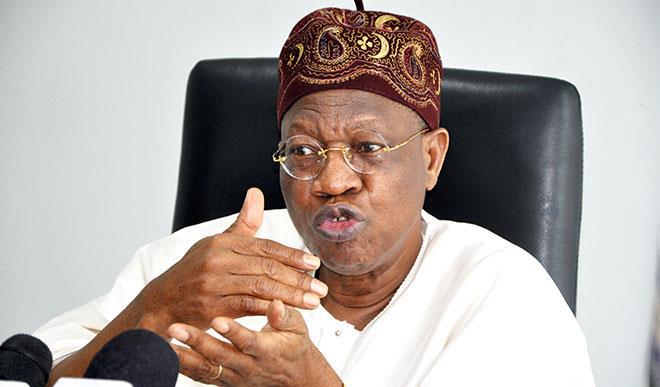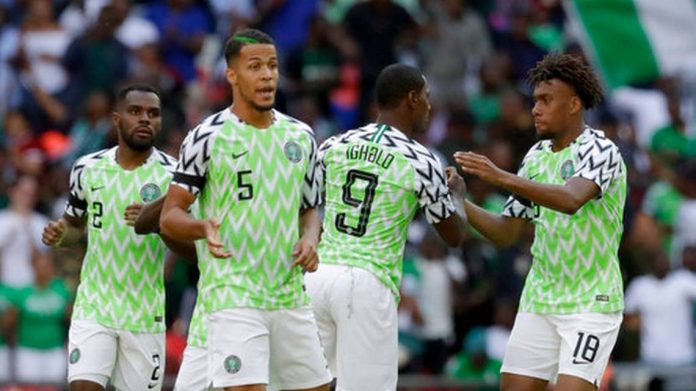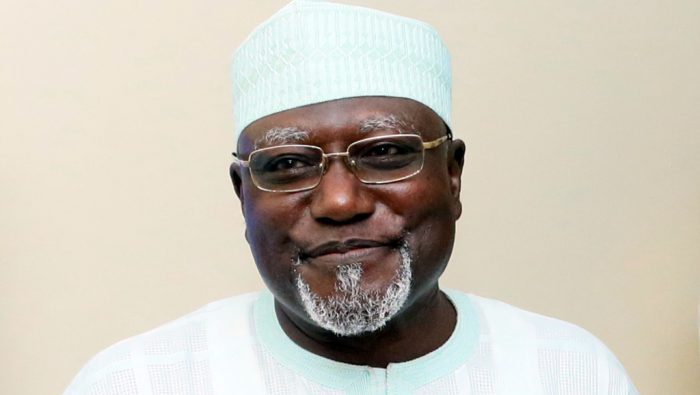How is social media regulated?

By Theophilus Abbah
The Minister of Information and Culture, Alhaji Lai Mohammed, northern governors and traditional rulers, some governors of southern states, and apologists of the Buhari administration have made social media regulation a sing-song after the recent EndSARS protests.
Though government claims that social media was used to peddle fake news, the fact is that the authorities were shaken by the mass mobilization of youths across the country in spite of the fact that the protesters did not seem to have high profile leadership.
With mobile phones, gadgets and internet connectivity millions of Nigerian youths were gingered up and recruited into the mass movement. Due to its success, EndSARS agitation has been dubbed as an attempt to topple the Buhari administration. Now, government is bent on regulating the social media, or to put it succinctly, censor contents shared on the Internet in Nigeria.
Instead of harassing and indiscriminately arresting youths, the government should work hand-in-hand with social media companies to come up with the code of ethics to be adhered to on their platforms.

A screenshot of Imo State Governor, Hope Uzodinma, in full support of the social media regulation
What does social media regulation mean and how is it done – in other climes?
Perhaps, it is good to look at the most extreme case in China, which Lai Mohammed alluded to when he appeared before the National Assembly last week. In China, the Internet monitor or regulator is the Cyberspace Administration of China. In carrying out its assignment, the body has hundreds of thousands of cyber-police who monitor social media platforms and screen messages that are politically sensitive. Such contents are reported to the regulators, and in many cases, keywords are automatically censored and taken down.
As the minister noted, Twitter, Google and WhatsApp are blocked in China; there are Chinese versions in Weibo, Baidu and WeChat. The Cyberspace Administration, in 2019 closed down 733 websites and 9,382 mobile apps. It is not clear if government is thinking of modeling its censorship of the Internet after the Chinese, but that would be an extreme measure.
The opposition to the government’s aggressive moves to regulate social media stems from a suspicion that the authorities want to clamp down on voices of dissent
Perhaps, the second most strict Internet censorship happens in Russia. Its Roskomnadzor monitors the Internet and blocks websites without waiting for judicial pronouncements. Under the CyberCrime (Prevention and Protection) Act in Nigeria, websites or contents could be taken down by the authorities only after winning a court case to do so. But in Russia, websites with ‘offensive’ contents could be taken down by Roskomnadzor. Apart from this, media companies must install what is called Deep Packet Inspector (DPI) on their web. The facility is capable of identifying sources of traffic and filter contents. Also, the regulator could switch off connection to the Internet “in an emergency” – determined by government. There is even a 2015 law which says media companies must have a server in Russia where all data about Internet users in Russia are stored, so that Russian information are not stored outside that country.
In several countries in the West, social media regulation is done through media companies. Facebook, Google, YouTube, Twitter, and other platforms have had to pay fines for not taking down offensive contents within a specified period of time. In Germany, for instance, NetzDG law, made in 2018, reviews complaints about contents, and social media companies are made to take down those considered illegal within 24 hours. In 2019, Facebook was made to pay €2 million for under-reporting illegal activities on its platform in Germany.

How YouTube does self-regulation
In the European Union generally, contents that have terror contents attract fines, if they are not removed within an hour. Also, the EU has laws that effectively protect copyright and personal data. Platforms that violate them pay heavy fines. In Australia, the Sharing of Abhorrent Violent Material Act came into effect in 2019, which introduces criminal penalties for social media companies that allow violent contents to be shared on their platforms. Social media companies are made to take down abusive and harassing contents within a short space of time.

Another chart showing how many Facebook posts were taken down from 2017 to 2020.
Social media companies take down offensive and harmful contents on a regular basis in what is termed self-governance. For instance, between April and June 2020, YouTube took down 11.4 million videos deemed to have violated its codes. Most of the materials were automatically removed by machines, and two-third of such contents did not receive a single view. Apart from machines, there are individuals, Non-Governmental Organisations and government agencies who alert YouTube about contents that should be removed for not meeting ethical standards. On its part, Facebook has as many as 35,000 persons working around the world to ensure safety and security of contents on the platform. On its part, Twitter have had to remove even tweets by US President Donald Trump considered to contain inaccurate facts.

A screenshot of President Donald Trump’s face-off with Twitter for taking down his posts.
As for a legal framework, Nigeria’s Cybercrime and Evidence Acts have sections that should take care of the common challenges of misinformation, disinformation and mal-information on the social media. Identity theft, forgery, cyberstalking, cybersquatting, racial and xenophobic contents on social media and the like, attract fines or jail terms. The challenge before government is to effectively and transparently invoke the provisions of the Cybercrime Act instead of angling for a new law to censor the Internet. Instead of harassing and indiscriminately arresting youths, government should work hand-in-hand with social media companies to come up with the code of ethics to be adhered to on their platforms.
The opposition to the government’s aggressive moves to regulate social media stems from a suspicion that the authorities want to clamp down on voices of dissent. In every democracy, the viewpoints of the people should not be stifled, even if they are not palatable. Democracy is about freedom of speech, thoughts, opinions, and beliefs. If government intends to regulate how Nigerians react on social media to government decisions and policies, it will be unfortunate.
The Insight Report
Nigeria Coverage



